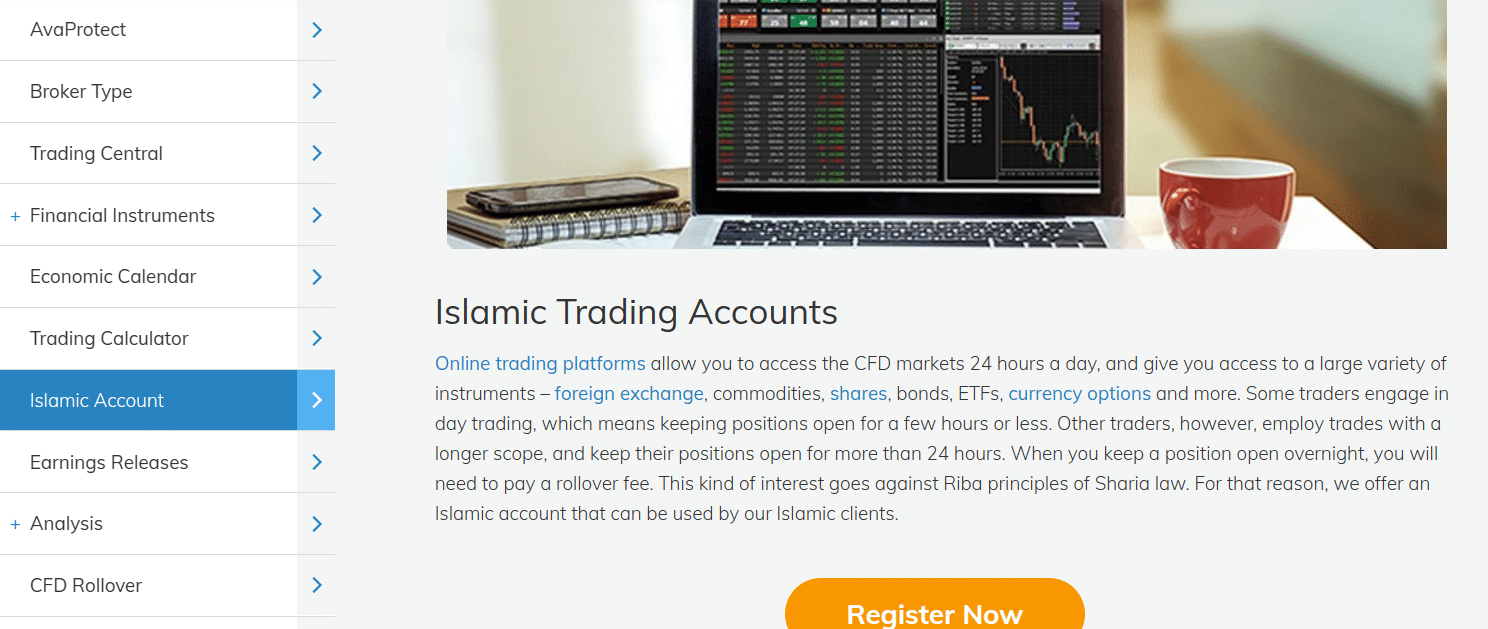The foreign exchange (forex) market is a relatively big industry that counts millions of people as customers. The industry is accepted in most countries across the world. This has led to a significant influx of forex brokers, some of which are valued at billions of dollars.
In this article, we will look at the concept of religion in forex. Precisely, we will look at Islamic forex trading and how to find a good sharia-compliant broker.
Islamic finance meaning
Islam is one of the major religions globally. Like in all religions, there are specific rules that apply mostly to the Islam religion. In the financial services industry, there is a concept known as Islamic finance, which is a relatively broad one.
In summary, it looks at the various components of the industry and determines whether they are halal or haram. Halal simply means that something is compliant with sharia law or the rules that were promoted by the prophet Mohammed. On the other hand, things that are disallowed in Islam are known as haram.
Broadly, there are two main guiding principles in Islamic finance. First, any financial service offered by a company should include risk-sharing. This is the main reason why Islamic banks don’t charge interest for the loans they provide.
An interest-payable loan does not involve any risk-sharing since most of the risks go to the borrower. Also, scholars say that interest is unjust, corrupts, and promotes the “illegal” taking of property when someone defaults.
The second principle in Islamic finance is that services should be provided with the goal of providing economic and social development to the customer.
As a result, many services or products offered in finance are not allowed in Islam. For example, sharia law opposes gambling products because these services don’t necessarily promote economic and social development. Also, the law prohibits products that pose significant risks to customers and those that charge a commission.
Forex in Islam
Today, many Islamic countries accept forex trading. Indeed, many mainstream forex brokers have customers in leading Islamic countries like Qatar and Saudi Arabia.
Still, forex brokers operating in Islamic countries or those offering their services to Muslims should always comply with Sharia law.
For starters, forex trading is based on a simple principle. It is the practice of exchanging one currency for another with the goal of generating a profit. For example, if you have $100, you can change it to ¥11,000 if the exchange rate is 110. If the exchange rate falls to 105, you will have $105, meaning that you have made a $5 profit.
The only difference between this example and real trading is that the latter takes place using technology. Forex brokers provide the technology that enables these transactions. It also involves fundamental and technical analysis.
At the same time, there are several key concerns about forex in Islam. The most important one is whether forex is the same as gambling. There is no conclusive answer to this question. Still, since forex is allowed in most Islamic countries, it seems like it is not necessarily viewed as being gambling.
The second concern about forex in Islam is about leverage. For starters, leverage is a type of loan that is extended to a customer by a broker with the goal of maximizing their profits. For example, if you have an account with $1,000, you can take a 1:100 leverage, which will help you trade with $100,000.
With this leverage, you can make bigger trades and increase the possible payouts. Leverage is offered by most Islamic compliant brokers since it does not have an interest tied to it.
Further, there are concerns about the swap, which is an interest that customers are charged for their overnight trades. In most cases, Islamic accounts or fully compliant brokers do not charge this fee.
Finally, there is no concept of short selling in Islamic finance. For starters, this is the practice of hoping that financial asset prices will decline over time. Short selling, which is popular in the stock market, is generally not allowed in Sharia law. However, short-selling in forex is different from in stocks. In forex, it involves placing a trade that will benefit when the price declines.
How Islamic forex brokers work
There are two main types of forex brokers. First, there are those brokers who provide services that are fully sharia-compliant. These brokers mostly target customers in Islamic countries like Saudi Arabia, Kuwait, and the United Arab Emirates (UAE). They also target Muslims in other countries.
Second, the most popular model is where the brokers offer services to both Muslims and non-Muslims. In this, they offer accounts that cater to Muslims. A good example of such a broker is AvaTrade, which describes its Islamic Trading Account as follows.
Islamic trading description

In general, the difference between Islamic and non-Islamic forex trading accounts is not all that big. This is because the majority of a broker’s income comes from transaction fees and not loans to customers.
For starters, forex brokers make money through spreads. A spread refers to the difference between a bid and ask price of an asset. For example, if a broker quotes the bid price of the GBP/USD at 1.37162 and the asking price at 1.37176, the spread is 14. This is the indirect commission that the broker makes. The same applies to Islamic brokers.
Still, at times, Sharia-compliant accounts tend to have a higher spread than ordinary accounts. This is because the broker will often forego some revenue streams in their Islamic accounts. For example, the broker will not make money through rollover swaps that happen for trades that are left open overnight.
Summary
If you are a Muslim, the concept of Islamic finance and Sharia-compliant brokers and accounts is an important concept that you need to know. In this article, we have looked at how it works and the two main types of Sharia-compliant brokers. We have also identified how they make money and some of the key details you need to know.
